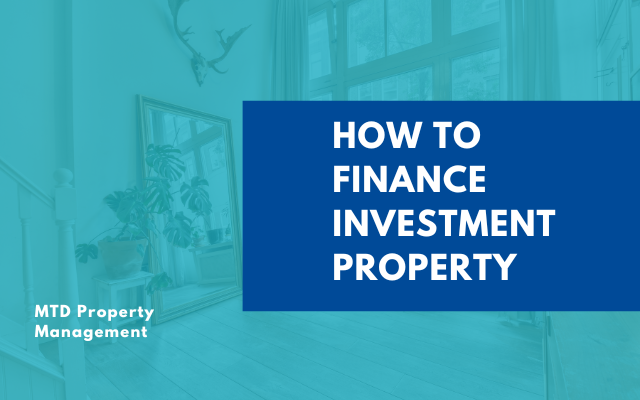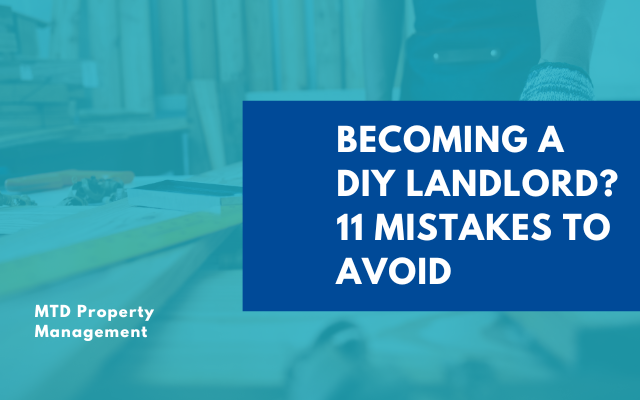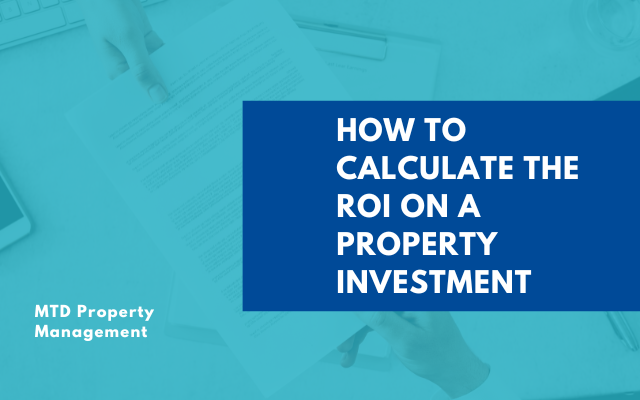
Are you a landlord looking to expand your portfolio but unsure about the best way to finance your next investment property? Navigating the world of real estate financing can be daunting, but it's essential for growing your wealth and securing a stable income.
In this guide, we'll break down the various financing options available to you, from traditional mortgages to creative funding solutions. Whether you're a seasoned investor or just starting out, understanding these options and these vocabulary terms will help you make informed decisions and maximize your returns.
Let's explore the most effective ways to finance your next investment property and achieve your financial goals. Keep reading this article to learn more!
Top 5 Ways to Finance Investment Property
Finding the right way to finance your investment property is crucial for maximising your returns and minimizing your risks. Here are the top 5 ways to secure financing and grow your real estate portfolio successfully.
1. Make a Sizeable Down Payment
One of the most straightforward ways to finance an investment property is by making a large down payment. Lenders often require a down payment of at least 20% for investment properties, as it reduces their risk.
By putting down a substantial amount, you not only lower your loan-to-value ratio but also gain access to better interest rates and loan terms. This approach can significantly decrease your monthly mortgage payments, making your investment more profitable.

Moreover, a sizeable down payment shows lenders that you are serious about the investment, which can expedite the loan approval process.
2. Build a Strong Borrower Profile
To secure the best financing options, it's crucial to present yourself as a strong borrower. This means having a high credit score, a low debt-to-income ratio, and a stable income.
Lenders view strong borrowers as low-risk, which can lead to more favourable loan terms. To improve your credit score, ensure you pay all your bills on time and reduce any outstanding debt.
Additionally, keeping a steady job and maintaining consistent income will reassure lenders of your ability to repay the loan. A strong borrower profile can open doors to better interest rates and loan options.
3. Consider Local Banks and Brokers
When looking to finance an investment property, don’t overlook local banks and brokers. These institutions often have a better understanding of the local real estate market and can offer more personalized service compared to national banks.
Local banks may also have more flexible lending criteria and be willing to work with you to find a solution that fits your needs. Brokers, on the other hand, have access to a variety of lenders and can shop around for the best rates and terms on your behalf.

Establishing relationships with local financial institutions can be a valuable asset in your investment journey.
4. Explore Owner Financing Options
Owner financing, also known as seller financing, is an alternative financing method where the property seller acts as the lender. This can be a great option if you’re having trouble securing a traditional loan.
With owner financing, you and the seller agree on the loan terms, including the interest rate, repayment schedule, and consequences of default.
This arrangement can be more flexible and faster than conventional financing, and it may also involve lower closing costs. Owner financing can be particularly beneficial in a competitive market where quick financing is crucial.
5. Utilize Home Equity
Tapping into your home equity is another effective way to finance an investment property. If you have significant equity in your primary residence, you can take out a home equity loan or line of credit (HELOC) to fund your investment.
This method can provide you with a lump sum or revolving credit line that you can use as a down payment or to cover other expenses related to the investment property.
Home equity loans often have lower interest rates compared to other types of loans, making them an attractive option.

However, it’s important to remember that your primary residence is used as collateral, so you need to manage this debt responsibly.
Reasons to Invest in Real Estate
Investing in real estate offers numerous advantages that can enhance your financial portfolio and provide long-term stability. Here are some key reasons why real estate should be a part of your investment strategy.
Diversification
Investing in real estate helps diversify your investment portfolio, which can reduce your overall risk. By spreading your investments across different asset classes, you protect yourself against market volatility and economic downturns.
Real estate often moves differently than stocks and bonds, providing a stable and reliable investment option.
Leverage
Real estate allows you to use leverage, or borrowed funds, to purchase properties. This means you can buy property worth more than you might be able to afford outright, amplifying your potential returns.
By leveraging your investment, you can achieve higher returns compared to other investment options that don't allow for borrowing.
Potential for Appreciation
Real estate values generally increase over time, providing potential for significant capital gains upon sale. By holding onto a property long-term, you can benefit from its property appreciation, adding to your overall wealth.
Steady Income Stream
Rental properties generate a steady income stream through rental payments. This consistent cash flow can provide financial stability and supplement your income, making real estate a reliable investment choice.
Bottom Line
Financing an investment property may seem daunting, but with the right approach, it's entirely achievable.
By making a sizable down payment, building a strong borrower profile, exploring local banks and brokers, considering owner financing, and tapping into your home equity, you can secure the funds needed to grow your real estate portfolio.
Remember, managing these properties can be time-consuming and complex. Hiring a professional property management company like MTD Property Management can make all the difference.
They offer expert services to handle the day-to-day operations, allowing you to focus on expanding your investments and reaping the benefits. Invest smart, and let MTD Property Management handle the rest.









